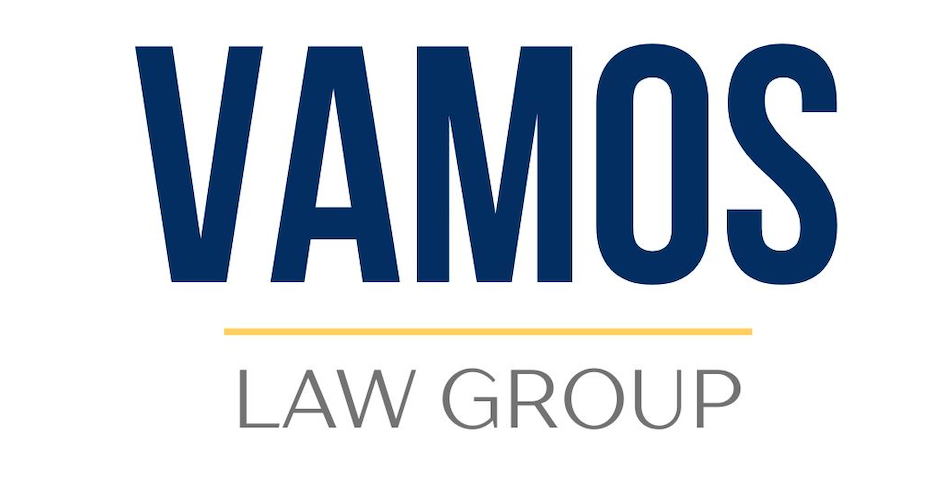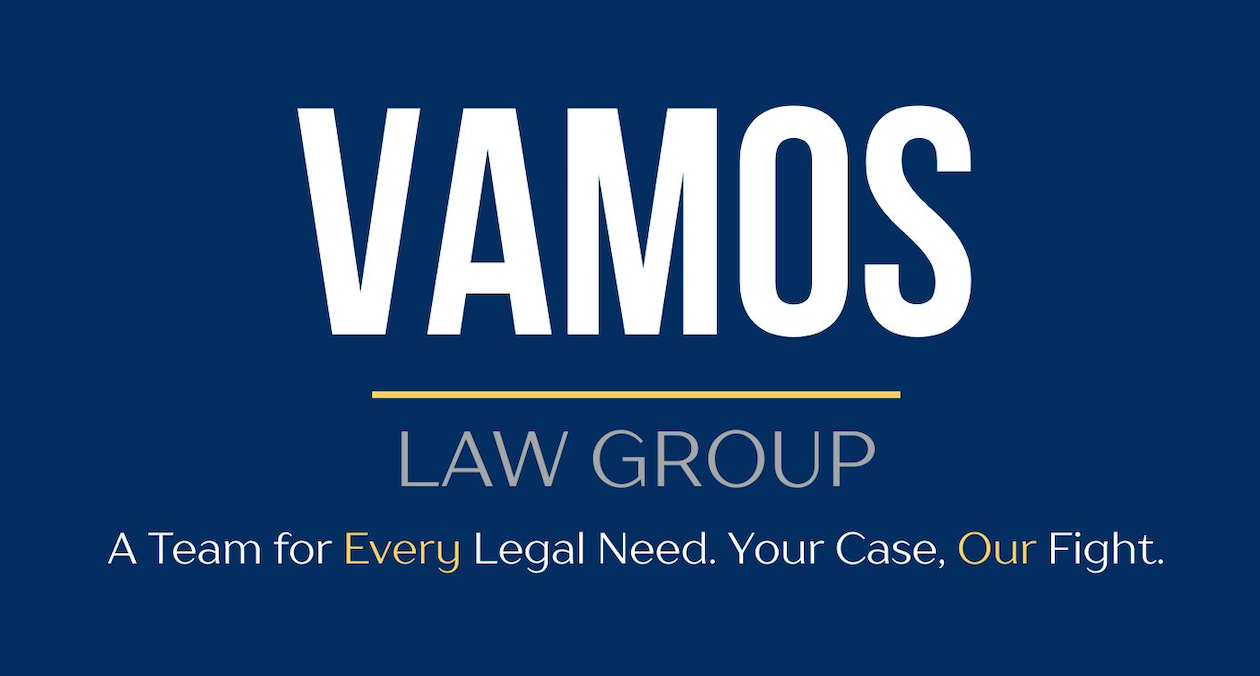Common Immigration Scams to Avoid in 2025 and How to Protect Your Family
Jun 02 2025 15:55
Common Immigration Scams to Avoid in 2025 and How to Protect Your Family
Navigating the U.S. immigration system can be overwhelming, and unfortunately, that confusion is something scammers are quick to exploit. Every year, countless individuals and families fall victim to immigration fraud, losing time, money, and sometimes their le-gal standing in the process. If you or someone you love is applying for a visa, green card, or other immigration benefit, staying informed is your best defense.
Why Immigration Scams Are on the Rise
In 2025, immigration scams have evolved alongside technology. Scammers are using social media, messaging apps, and even AI to impersonate lawyers and government of-ficials. With new policies, delays, and desperation for fast help, it’s easy to fall into a trap if you’re not careful.
These scams aren’t just costly — they can permanently impact your immigration status. That’s why education is key.
Top Immigration Scams to Watch Out For in 2025
- “Notario” Fraud: In many Latin American countries, a “notario” is a licensed legal ex-pert. In the U.S., notaries do not have the authority to give legal advice or represent you in immigration matters. Scammers use this title to appear credible, but hiring one could derail your case entirely.
- Fake USCIS Phone Calls and Emails: Scammers often pose as U.S. Citizenship and Immigration Services (USCIS) officials, demanding payment or sensitive information. They may use caller ID spoofing or fake emails that look official. USCIS will never ask for payment over the phone or via email.
- Guaranteed Green Cards or Fast-Track Visas: No one, not even an attorney, can guarantee a green card or citizenship. If someone claims to offer “guaranteed approval” or an “express path” for a fee, it’s a scam.
- Phony Job Offers and Work Visas: Some scammers lure people with fake job offers, asking for money upfront to file employment-based visas. Legitimate sponsors will never charge you for the visa process. Before acting, verify the company and consult an immi-gration lawyer Texas applicants trust.
- Unlicensed “Legal Advisors” or Fake Law Firms: There are countless stories of people paying individuals who aren’t licensed attorneys or accredited representatives. Always ask for credentials, and check if the person is licensed through the state bar.
How to Avoid Immigration Scams
Protect yourself and your family by following these smart practices:
- Confirm that any legal advisor is licensed to practice immigration law in the U.S.
- Never pay for immigration services with wire transfers, cash apps, or gift cards.
- Use the official USCIS.gov website for forms and information.
- Ask questions. Real lawyers welcome transparency.
- If something sounds too good to be true, it probably is.
Need help? Talk to an experienced immigration lawyer in Texas to make sure you’re getting accurate, honest guidance.
If You’ve Been Targeted by a Scam
It happens. Don’t be ashamed, and don’t let it stop you from moving forward.
- Report the scam to your state attorney general or the Federal Trade Commis-sion (FTC).
- Contact a real immigration attorney immediately to assess any harm done.
- Help your community by spreading awareness.
Stay Informed, Stay Protected
As immigration laws evolve, so do the scams, but with the right knowledge and trusted support, you can avoid these traps and stay on the right path. Whether you’re just start-ing your journey or dealing with a complex case, don’t leave your future in the hands of someone unqualified.
The post Common Immigration Scams to Avoid in 2025 and How to Protect Your Family appeared first on Vamos Law Firm.


